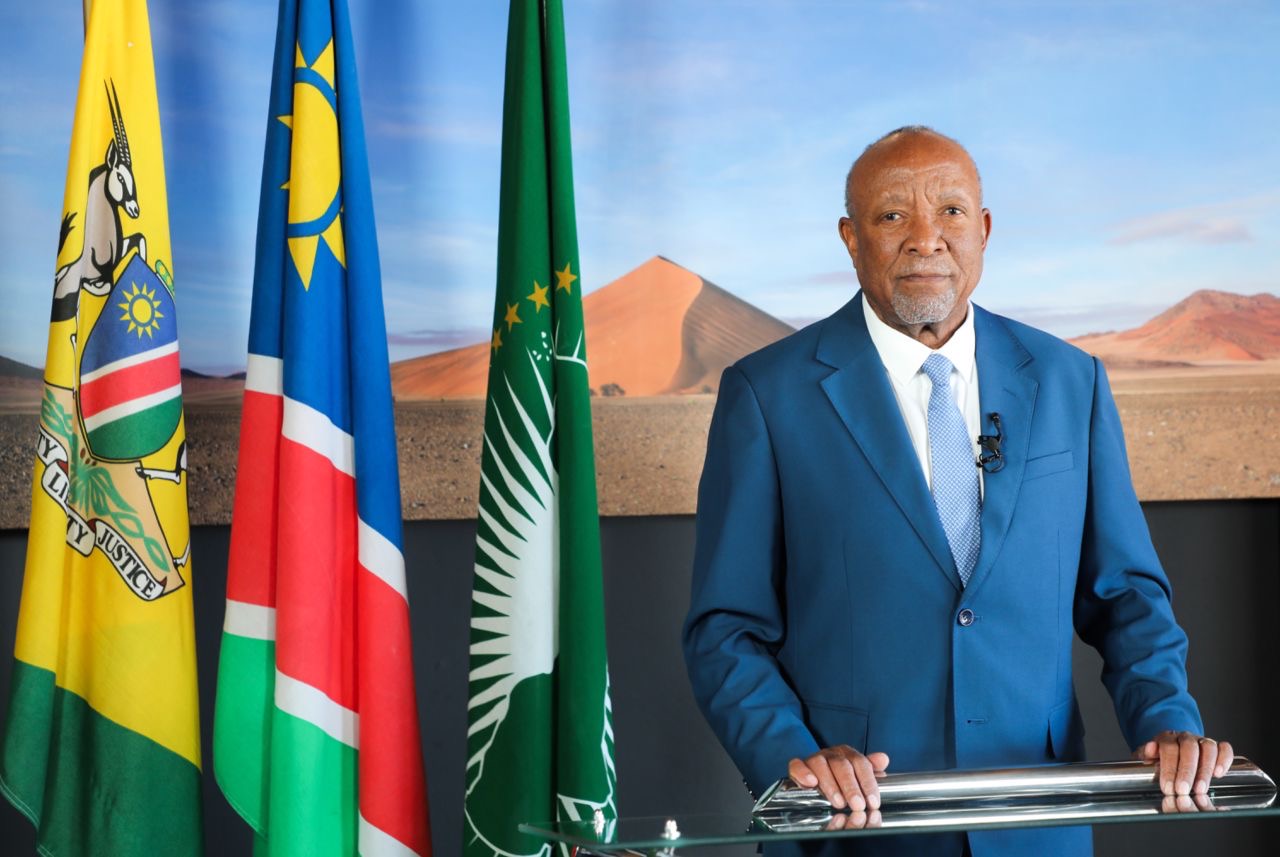This week’s Supreme Court decision directing the Namibian government to recognise same-sex marriages legally conducted outside Namibia is a major victory on the road towards a more tolerant and inclusive society.
In its ruling, the court re-emphasised that equal rights are a key pillar of our Constitution:
“[The] recognition of the equal worth of all human beings is at the very root of the Constitution. […] The value attached to dignity is at the very heart of our constitutional framework and fundamental to it as a value of central significance.”
It comes on the back of a long, hard-fought battle by equality activists in Namibia, spanning decades.
How times have changed. To fully grasp the magnitude of this judgement, we only need to cast our minds back in time.
Twenty-six years ago (in 1997), former president Sam Nujoma unleashed a barrage of derogatory remarks, branding homosexuality as a “foreign and corrupt ideology” and vowing to eradicate it from Namibian soil.
Four years later, Nujoma said: “The Republic of Namibia does not allow homosexuality, lesbianism here. Police are ordered to arrest you and deport you and imprison you.”
Former minister Jerry Ekandjo not only supported Nujoma’s dangerous attacks but went a step further.
“We must make sure we eliminate them (gays and lesbians) from the face of Namibia,” Ekandjo said. He further urged the police to combat homosexuality and all other “unnatural acts including murder”.
“Even if gays and lesbians had a gay dog they would murder it,” Ekandjo charged at the time.
The significance of this ruling cannot be overstated. It is a powerful testament to the transformative power of time and the evolution of our understanding of equality and its place in democracy.
We don’t have to agree with someone to be tolerant of who they are, or to respect their right to have views different to ours.
The debate around equality too often focuses on sexual preferences. We should rather focus on the bigger picture. As the Supreme Court ruling states, it is about dignity and “the equal worth of all human beings”.
This judgement is worth celebrating, especially for people who continue to be attacked and discriminated against because of their sexual identity.
We couldn’t agree more with Daniel Digashu, a South African citizen married to Namibian national Johann Potgieter.
“It means an end to uncertainties, new beginnings, and the chance to live without constantly being haunted by the spectre of inequality,” Digashu said.
Our hope is that the rule of law prevails and that the judgement of the country’s top court is respected by everyone, including those who oppose it.
In a democratic society, diverse perspectives are the cornerstone of progress, but amidst differing views, we must strive for a new era informed by empathy and compassion.
The judgement has clearly divided public opinion. Some charge that the rights demanded by the lesbian, gay, bisexual, transgender and queer (LGBTQ+) community are unholy, if not “immoral”.
Namibia is a secular nation. The Constitution and the freedoms it protects should not be dictated in the name of so-called religious morality.
A core tenet of faith is how we treat others – not just those we agree with, but those we disagree with.
Discrimination which infringes on the freedoms enshrined in the Constitution for all Namibians should end now.
Although the latest judgement only ruled on recognising same sex-marriages from abroad, it is a step in that direction.
In celebrating this ruling, it is crucial to acknowledge the unwavering efforts of the countless people who have campaigned tirelessly for equal rights over the years.
Civil society organisations, the media, lawyers and other advocates have made significant sacrifices to champion the cause of equality for all.
At the end of the day, any win for equality is a win for democracy.
Stay informed with The Namibian – your source for credible journalism. Get in-depth reporting and opinions for
only N$85 a month. Invest in journalism, invest in democracy –
Subscribe Now!









